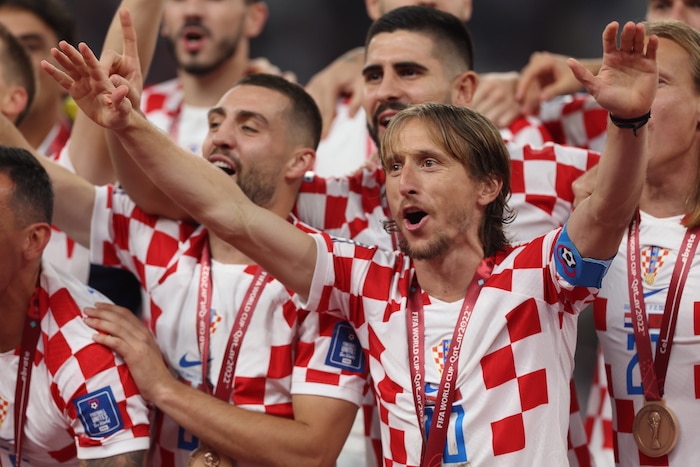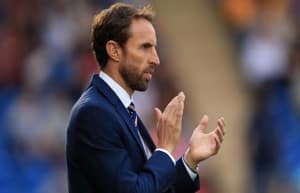Croatia could complete a successful season with success in this week’s Nations League against a trio of opponents looking to restore lost lustre at the end of a long campaign.
The four-nation tournament, featuring the winners of the top division groups, is held in the Netherlands this week with the World Cup semi-finalists taking on their Dutch hosts in Wednesday’s first semi-final in Rotterdam.
It is followed, in Enschede 24 hours later, by a clash between Italy and Spain — two teams in transition.
The winners go onto the final in Rotterdam on Sunday, preceded by a third-place playoff match.
Croatia’s run to the last four at last year’s World Cup finals enhanced a reputation forged four years earlier in Russia, but both the Netherlands and Spain departed the tournament in Qatar believing they could have done more.
The Dutch went out on post-match penalties in the quarter-finals after Spain had been upset by Morocco in the last 16. Italy failed to qualify but have allowed coach Roberto Mancini to stay and seek to rebuild the side.
He will have five players from the Inter Milan side that lost Saturday’s Champions League final to Manchester City in a youthful squad.
“It’s a great achievement to be back in the final four,” said Mancini. “In the group we had good teams like Germany, England and Hungary. We’re in the final stage and it’s clear that we want to win, like the others, but it won’t be easy.”
Spain have undergone a major overhaul since the World Cup under new coach Luis de la Fuente, who made seven changes after the their last set of internationals in March, including a recall for the 37-year-old Jesus Navas.
The Dutch go into the tournament without lead striker Memphis Depay and also searching for a renaissance after Ronald Koeman replaced Louis van Gaal as coach.
Croatia, with Luka Modric skippering their side, look a beacon of consistency, in contrast, although defender Josko Gvardiol has withdrawn through injury.
They now have a chance to win a first title major title after finishing runners-up at the World Cup in 2018 and third in Qatar in December.
This is the third edition of the Nations League, introduced to fill dates on the international calendar previously taken up by meaningless friendlies. The competition sees Europe’s national teams divided into four division, based on strength, with promotion and relegation.
But only the winners of the four groups in the top division advance to the finals, previously won by Portugal in 2019 and France two years ago.
Photo by EPA/Tolga Bozoglu





